DIY: How to create an indoor winter garden
Here in the Pacific Northwest our winters are cold and gray and we always get a little bit of snow. The low temperatures and rain create a muddy mess so we really don’t even try to garden outside. My flower pots go under cover and the urns in the front contain hearty green foliage that will last through our long winter. The forested area appears quiet and restful and our garden area is cleared and waiting for spring. I’ve grown accustomed to the flowerless landscape and find this time of year peaceful. It’s a time to rest and prepare for the coming spring and summer.
We are told at our local nursery that it’s best to wait until Mother’s Day to begin planting an outdoor garden. Until then our weather is still a bit unpredictable and there is a chance that it could freeze overnight and so it’s best not to take chances trying to plant something.
Having indoor plants helps keep the air clean!
My fiddle leaf tree developed root rot a few months ago from overwatering. It’s doing better now!
Why plant an indoor garden in the winter?
Fresh flowers and planted greenery in our home is mentally uplifting, helps keep the air clean, and makes the house smell fresh and a pot of mixed herbs by the kitchen window reminds me of springtime. It’s fun to snip off fresh rosemary, thyme, and sage when I’m cooking and the mixed herbs smell lovely. I like the idea of planting an indoor garden in January. Market flowers are sparse, can be expensive, and don’t last long. Having an indoor garden allow us to watch our flowers grow and as an added bonus the blooms will usually last for weeks.
How to force Hyacinth
Plan ahead and purchase bulbs in the fall. Keep them in a cold place for 2 or 3 months and then plant them in a small container with potting soil. Alternatively you may purchase bulbs in January from your local nursery that have already been forced and beginning to grow. I purchased small terracotta containers and added a potting soil.
Creating an indoor herb garden
Purchase a drop cloth to protect your counter.
The details
You did need anything in the way of special soil or rocks. I purchased a half a dozen small terracotta containers and added topsoil to fill about 1/3 the way. Next I added rosemary, thyme, and sage to the container and filled the remaining space with topsoil. Your container should have drainage on the bottom so the roots don’t sit in water. A tray under the terracotta pot is also helpful to catch draining water. The biggest mistake we make when trying to have indoor plants seems to be overwatering. I check the soil with my fingers. If it’s dry I water, if not I don’t. You can also add water to the tray and the plant roots will pull up the water. For my indoor winter garden I don’t generally fertilize. If you try to re-plant your hyacinth outdoors after they flower they will probably not grow the following year.
Latest Video:
Pin for later or share with a friend
This post contains affiliate links which means that if you were to make a purchase using one of my links I would receive a small amount of compensation. I only link to products that I personally own, or know and love.

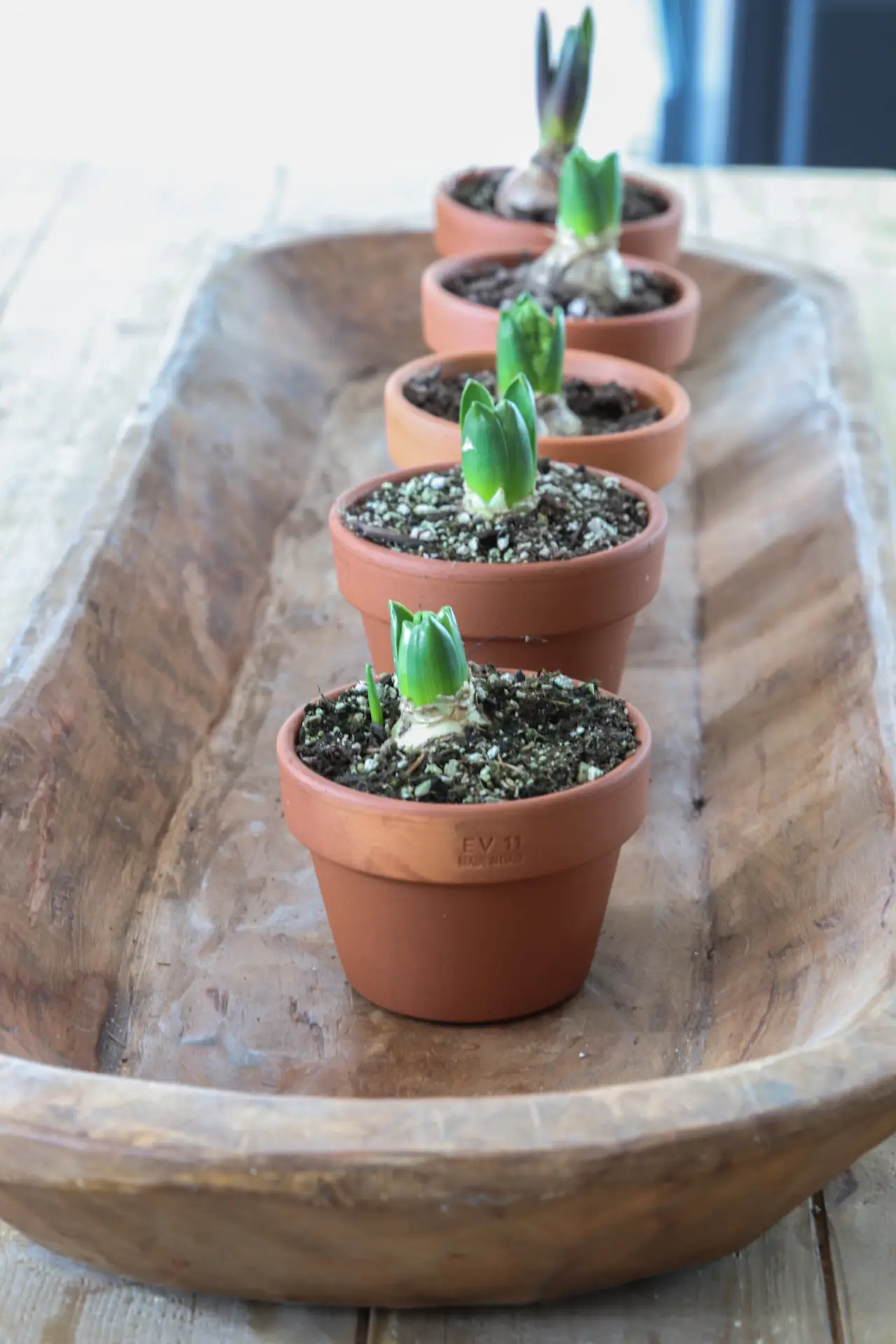
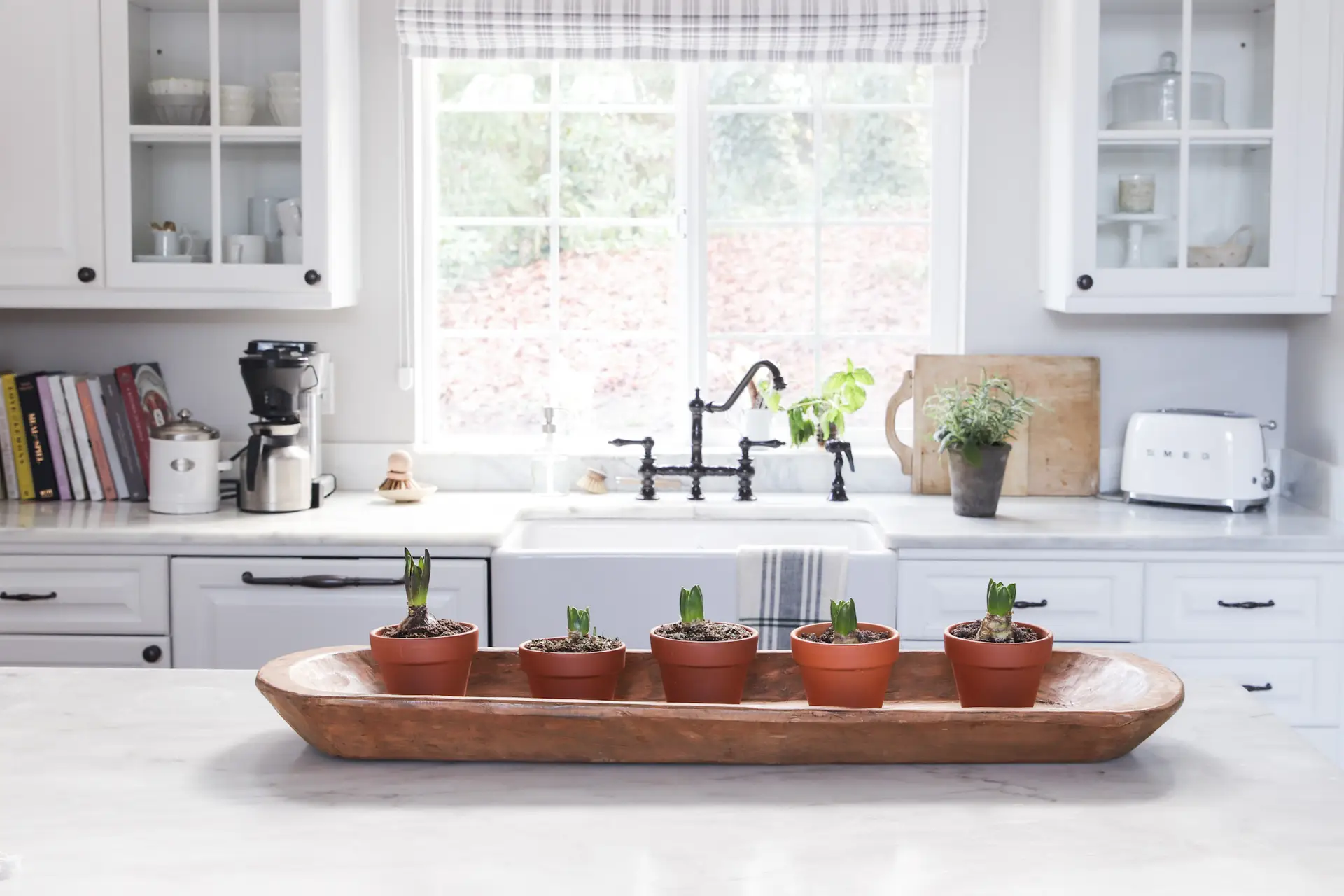
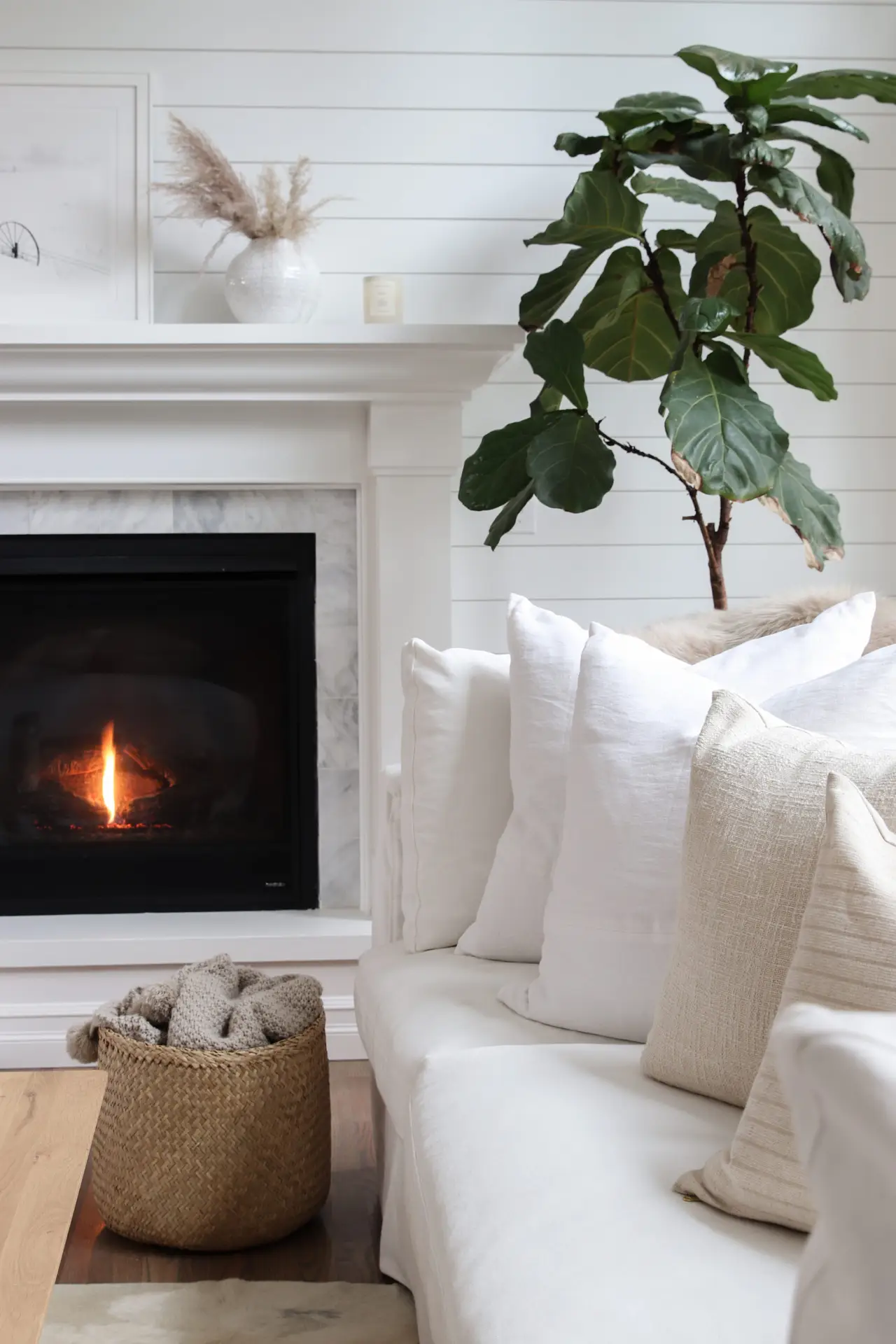
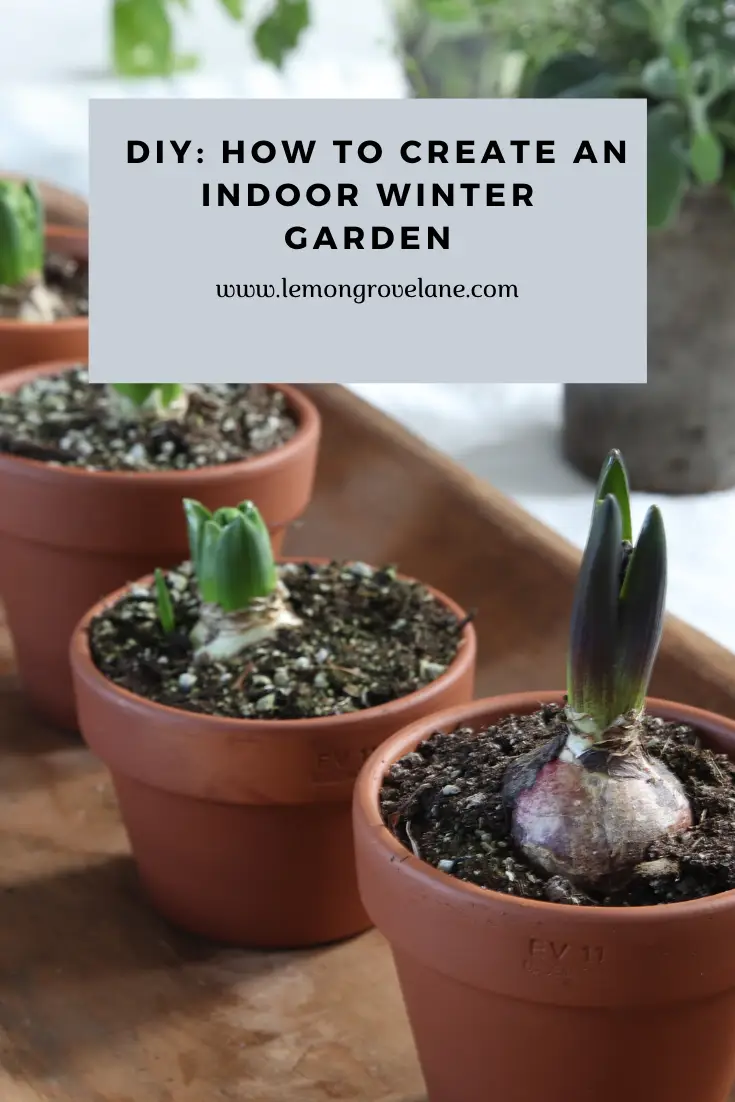

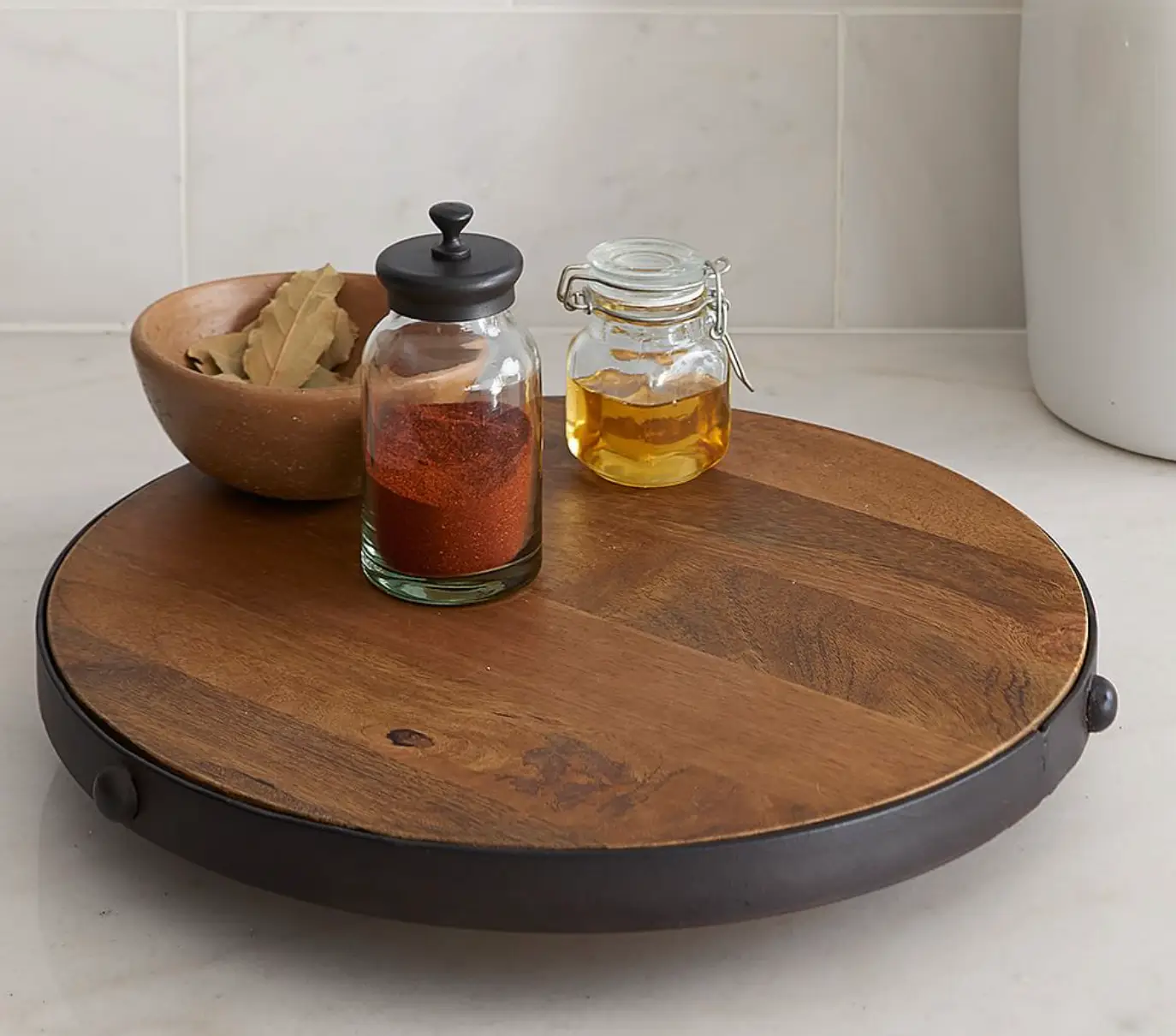
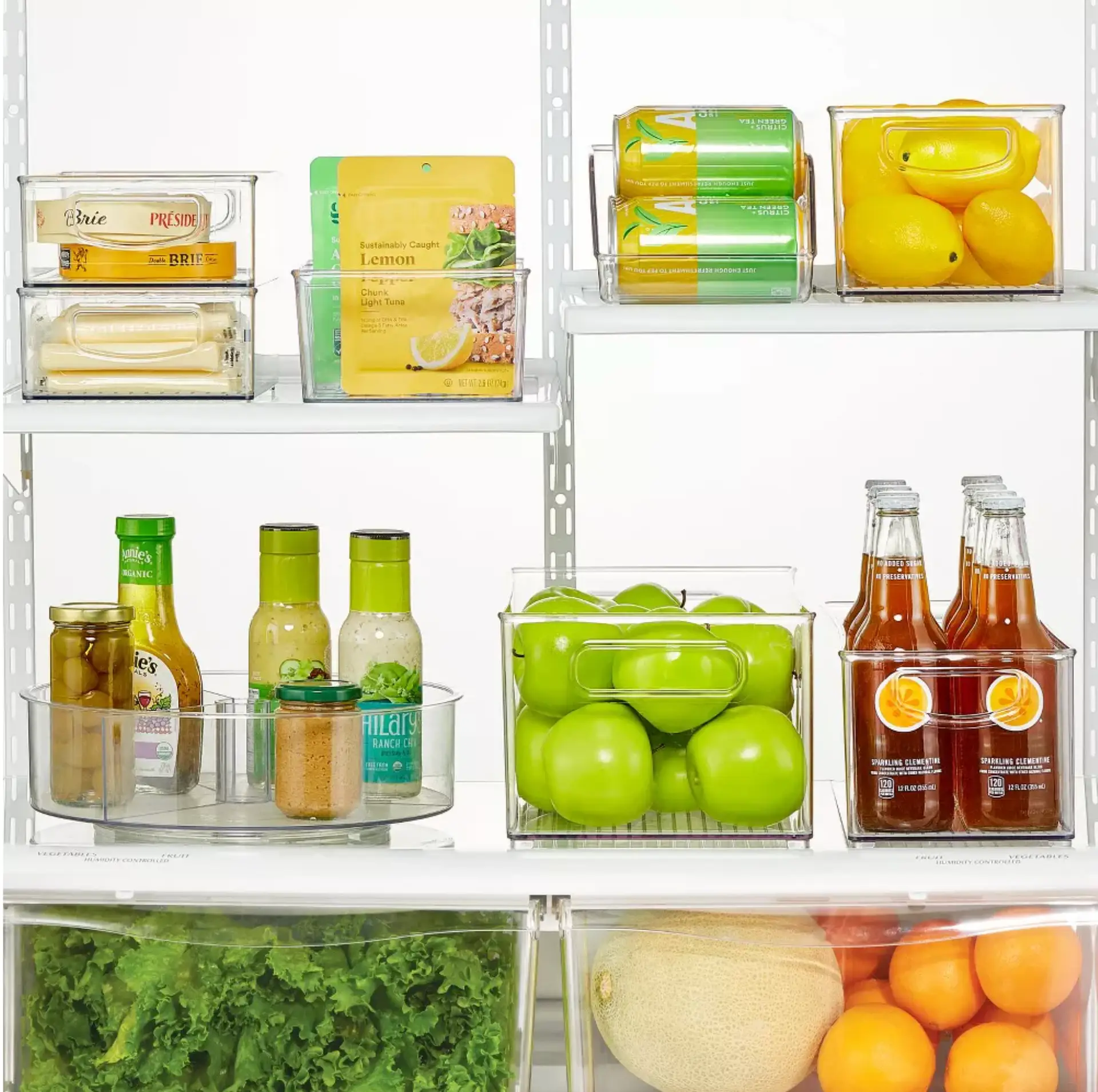
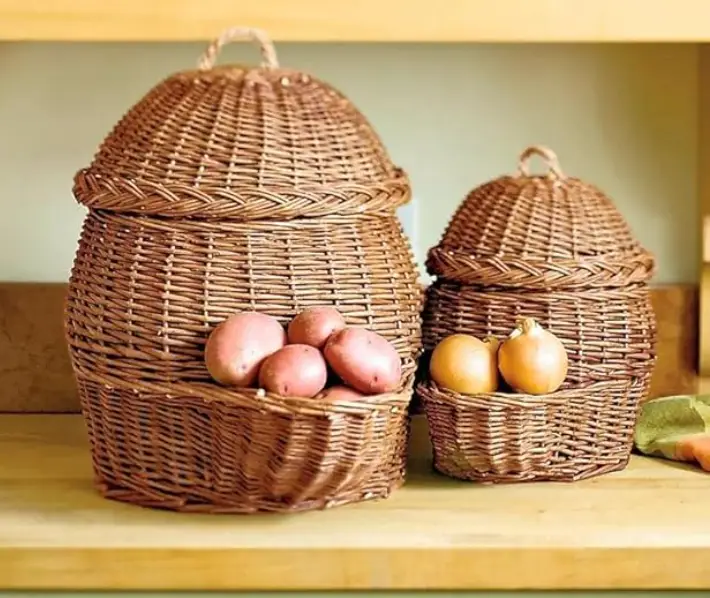
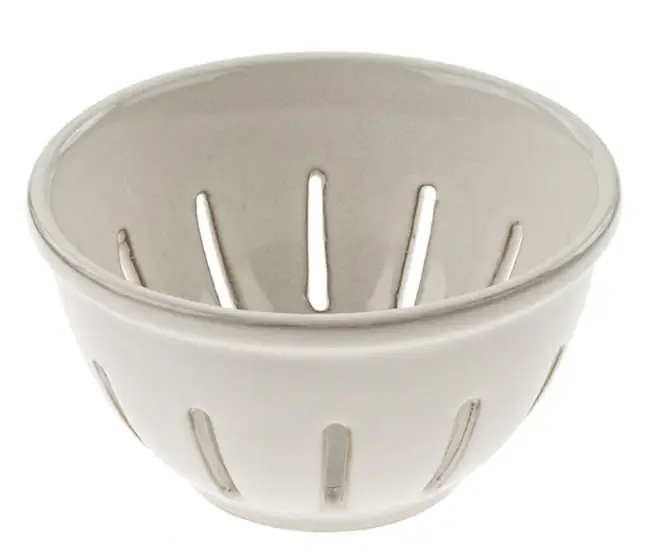
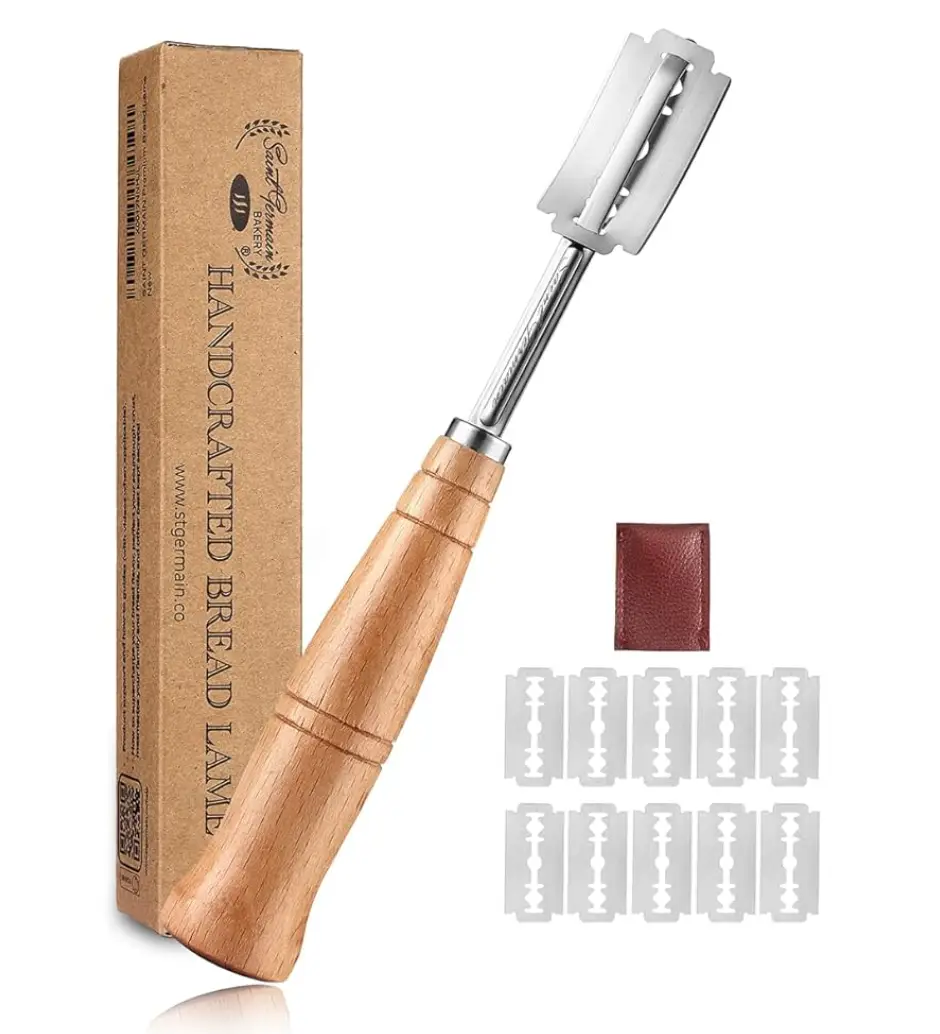
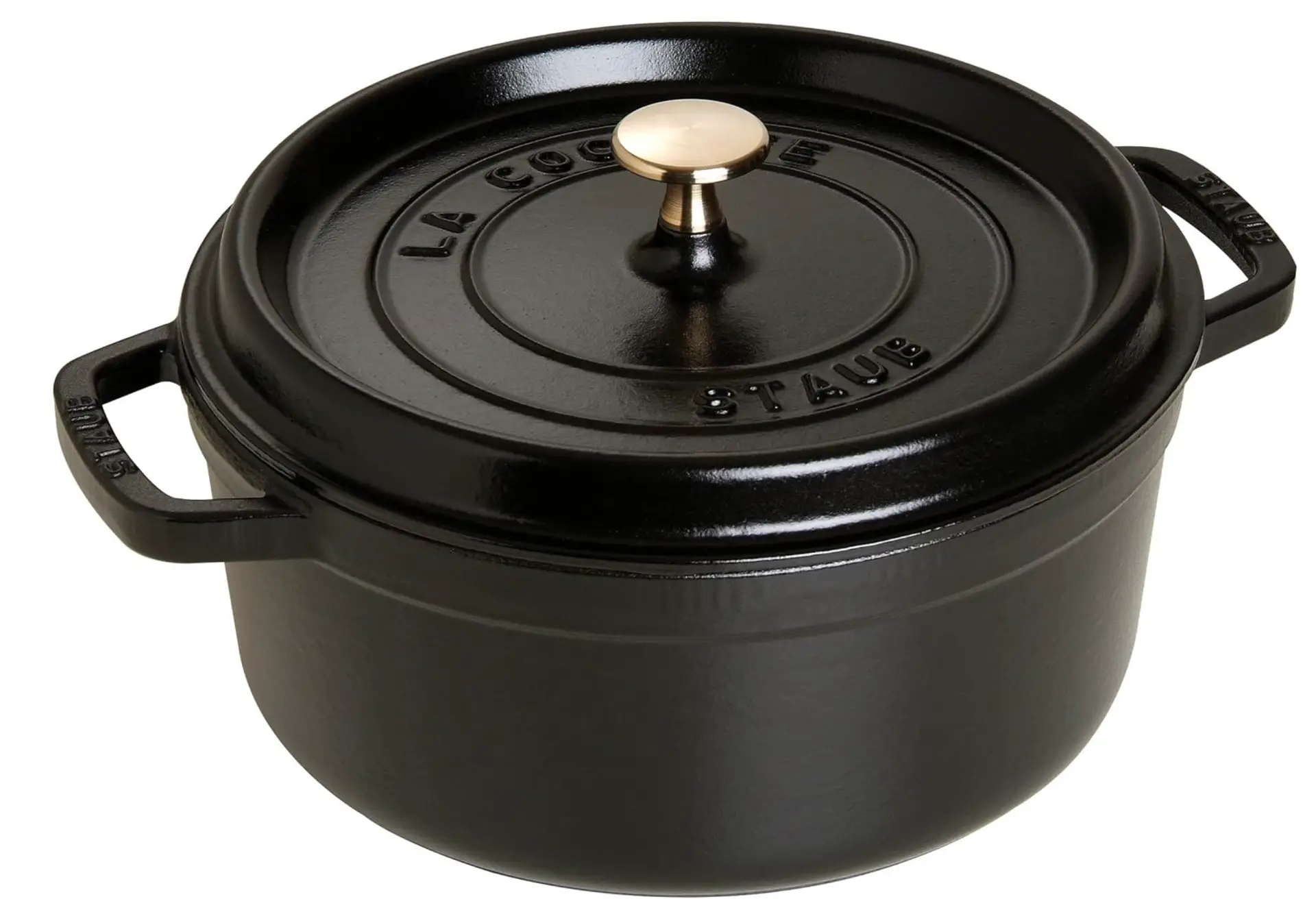
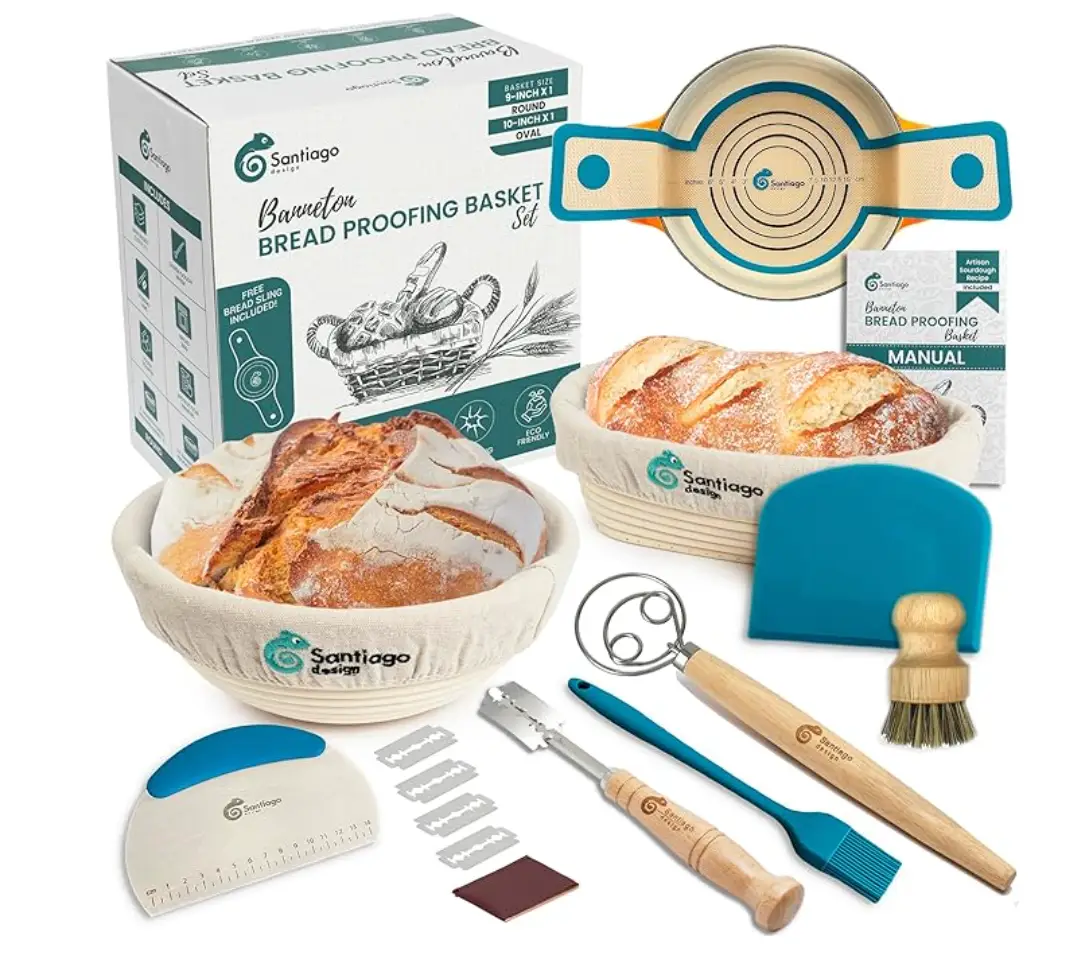
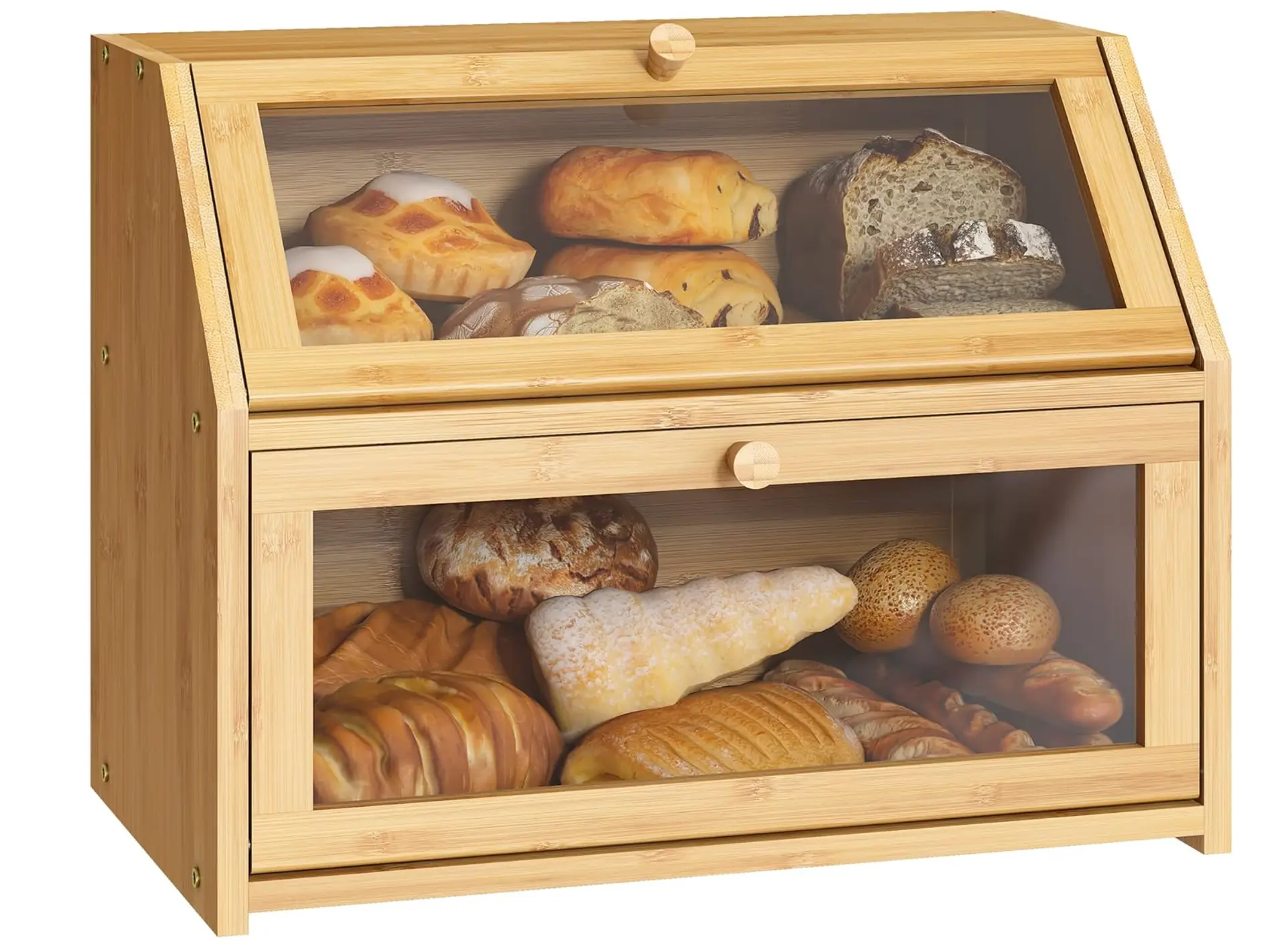
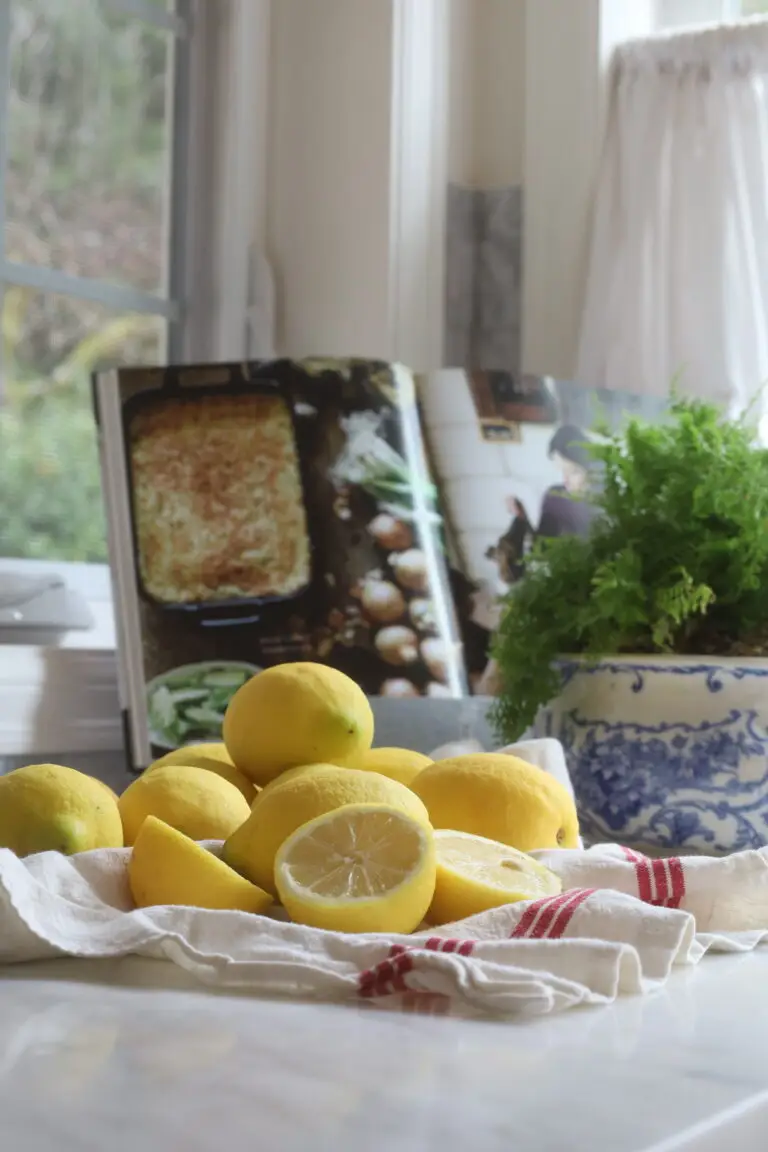
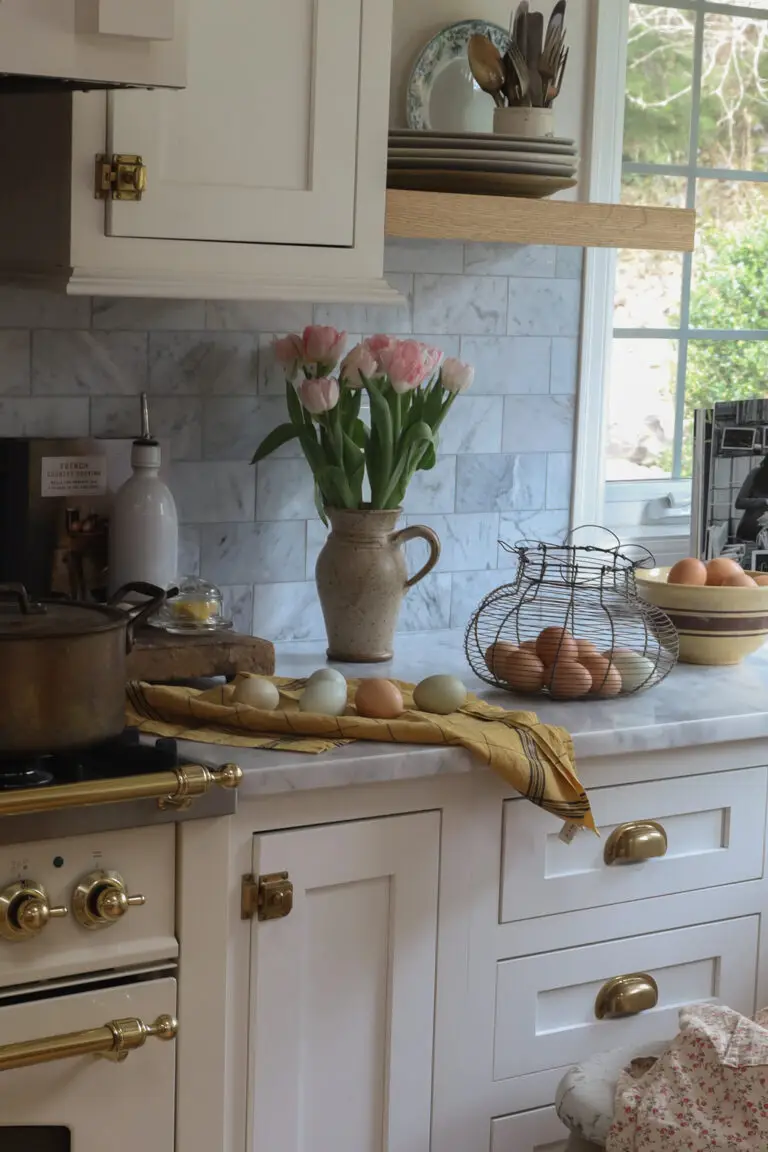
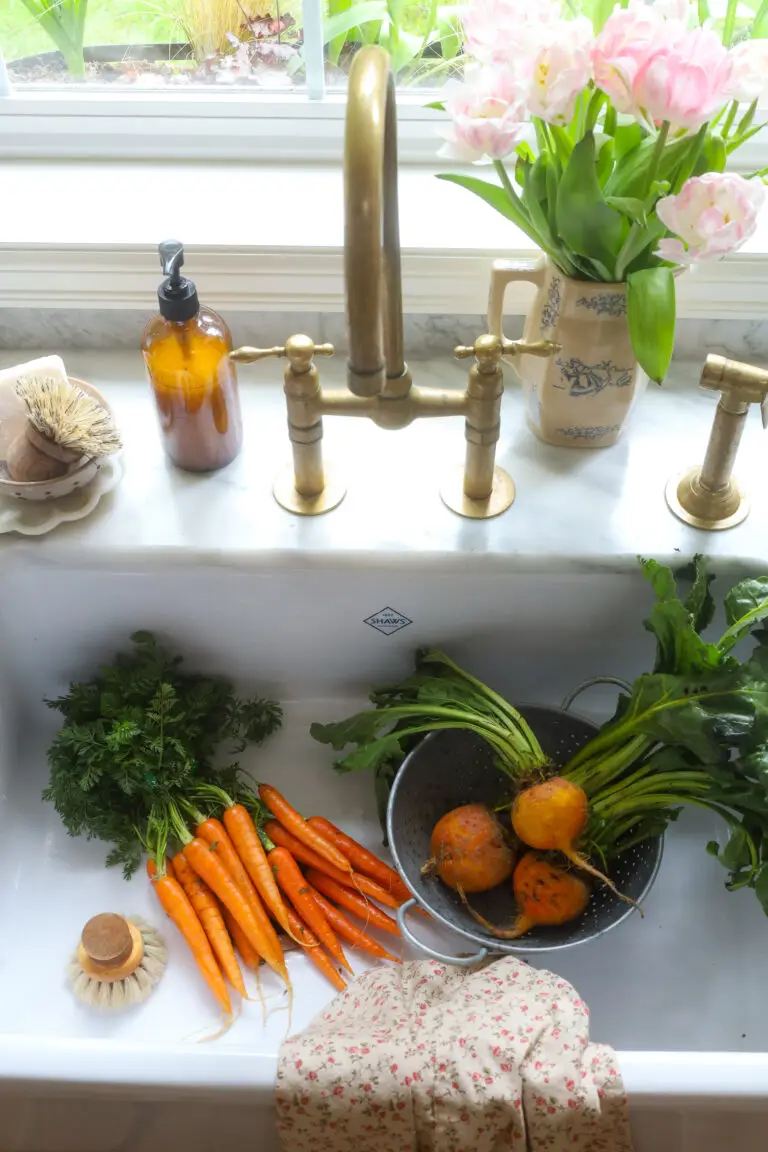
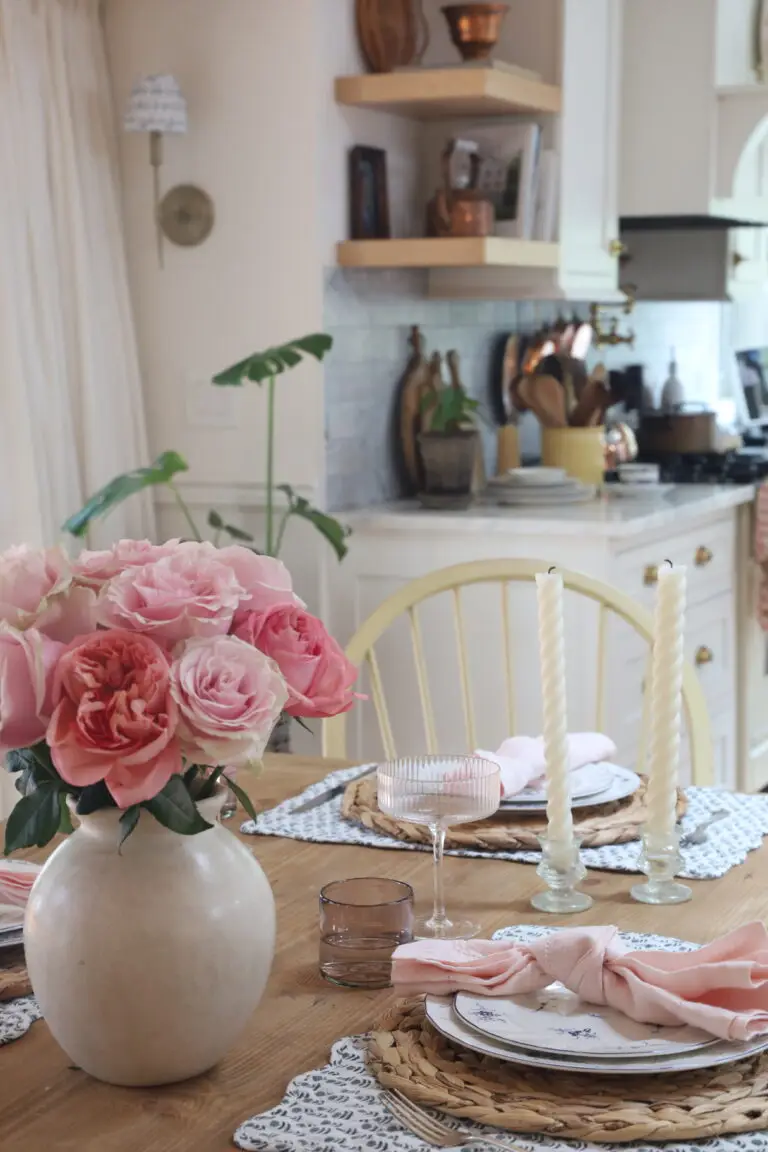
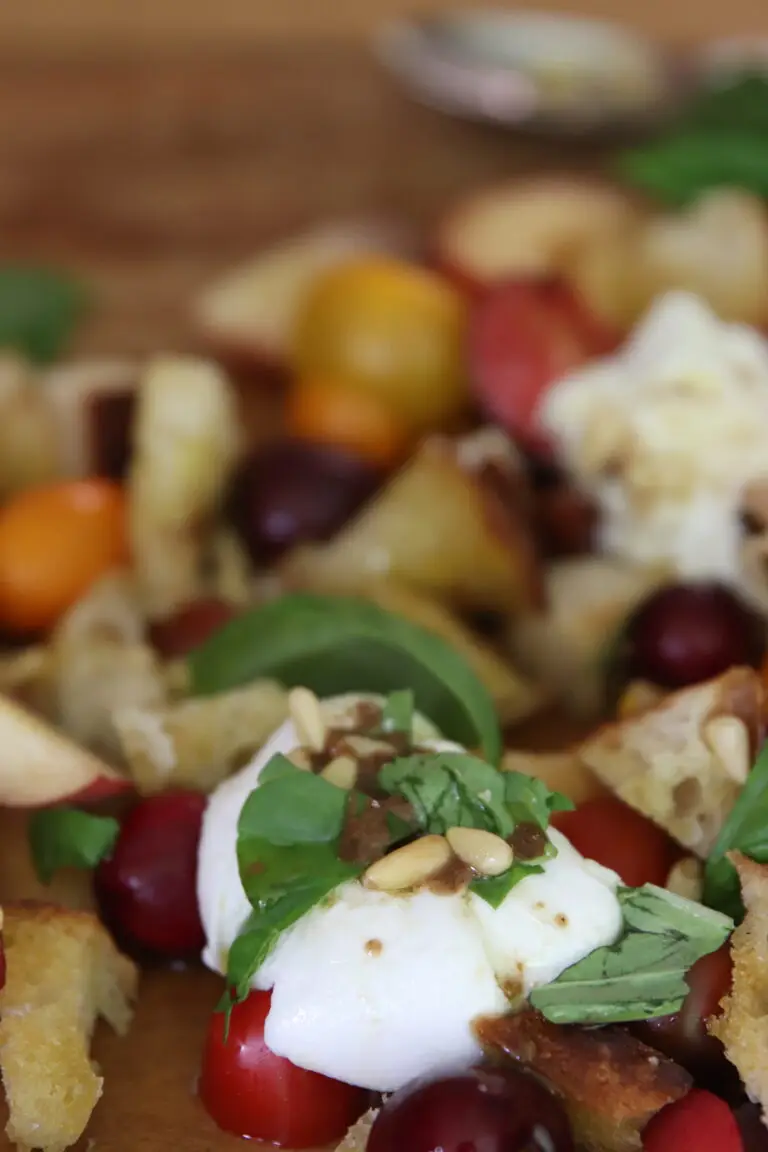
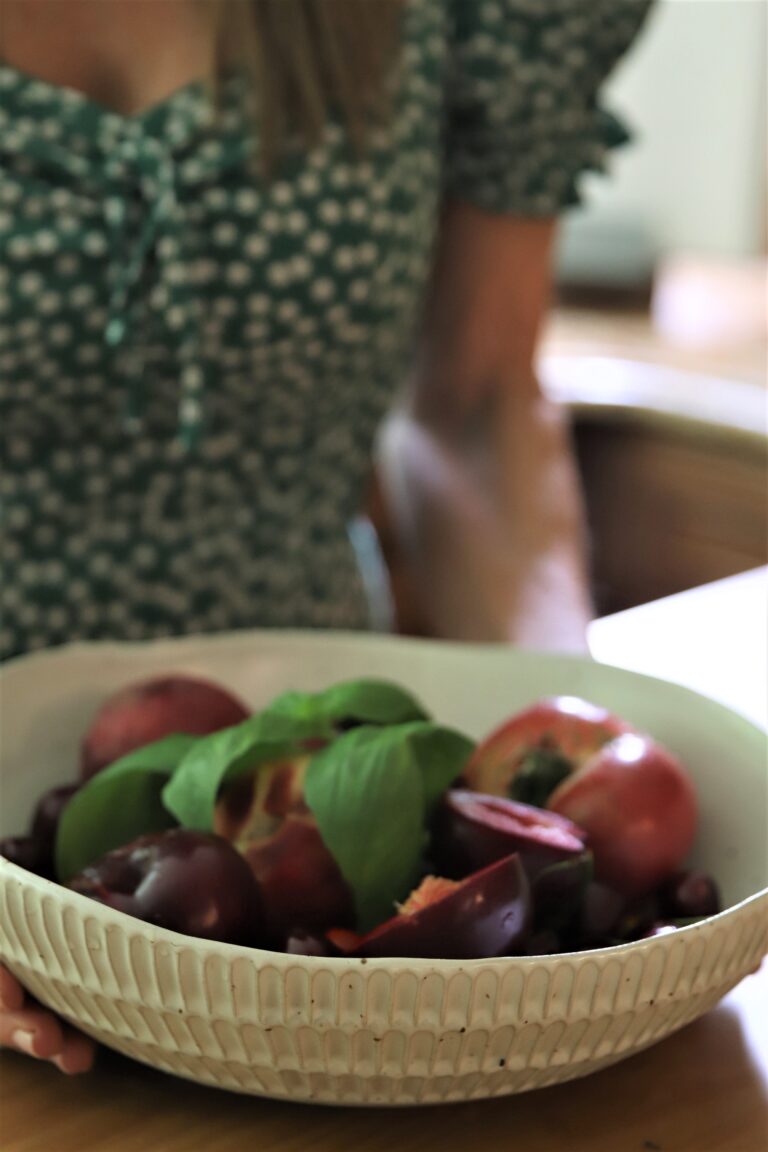
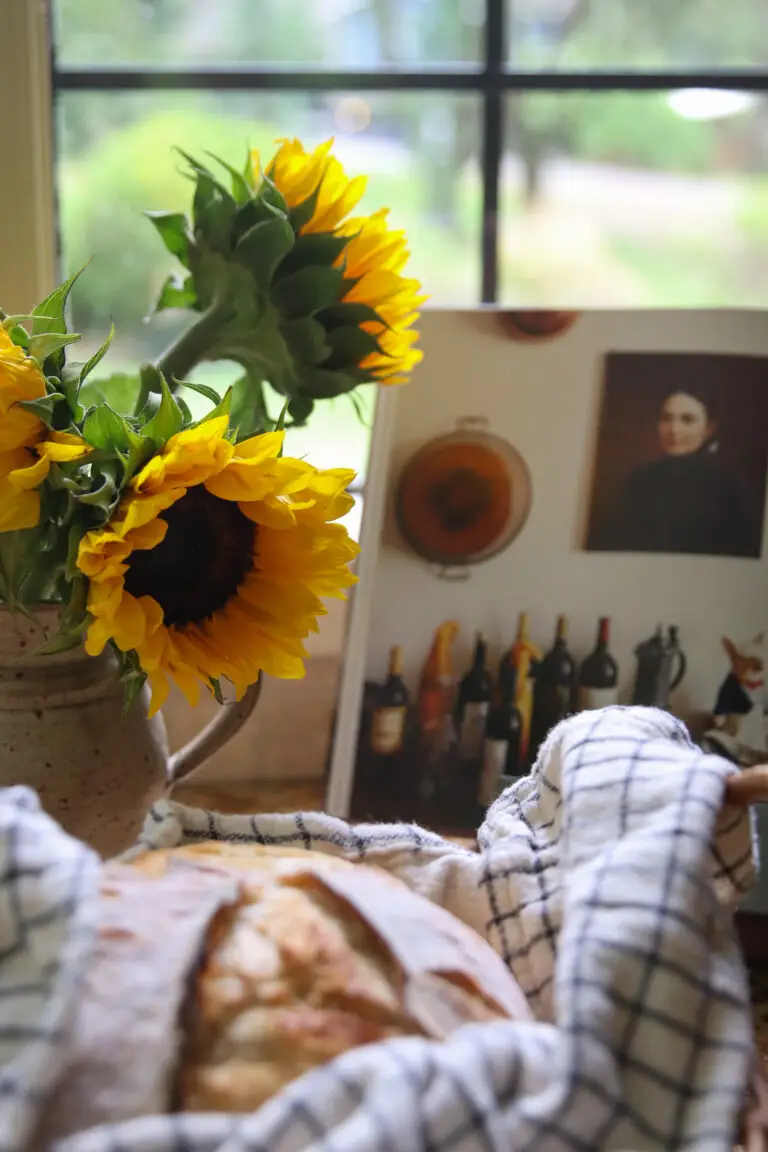
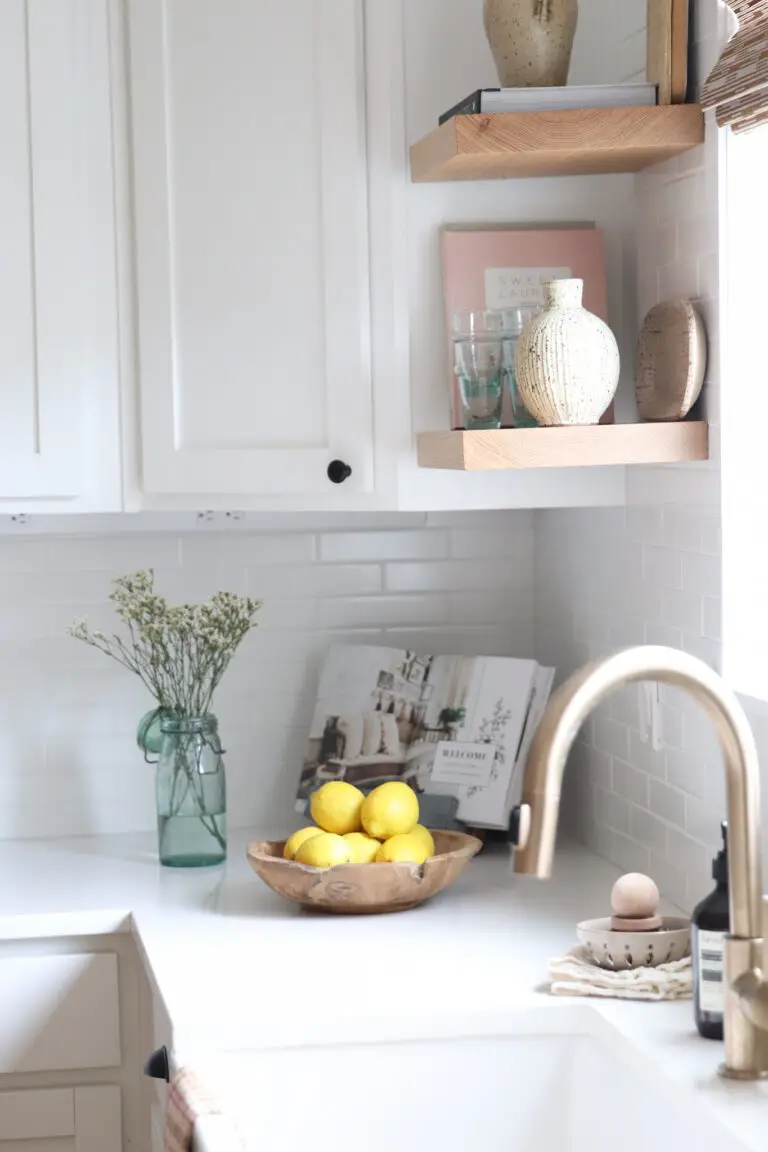

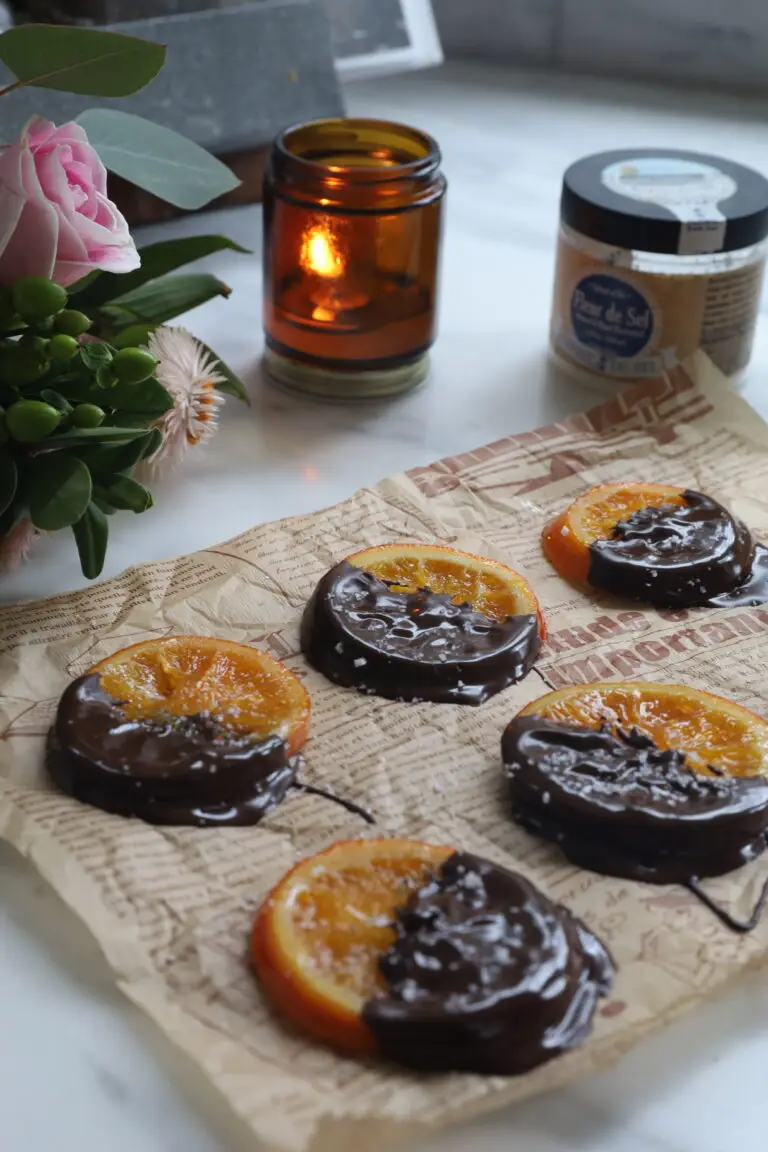
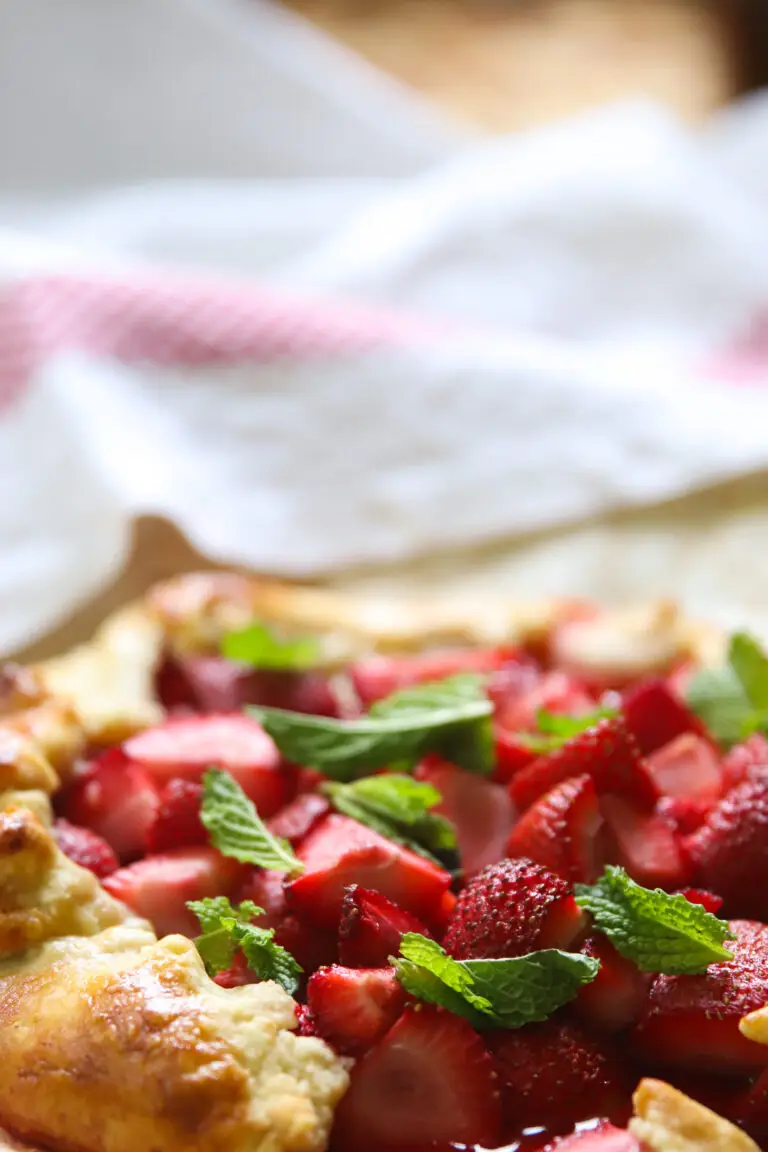
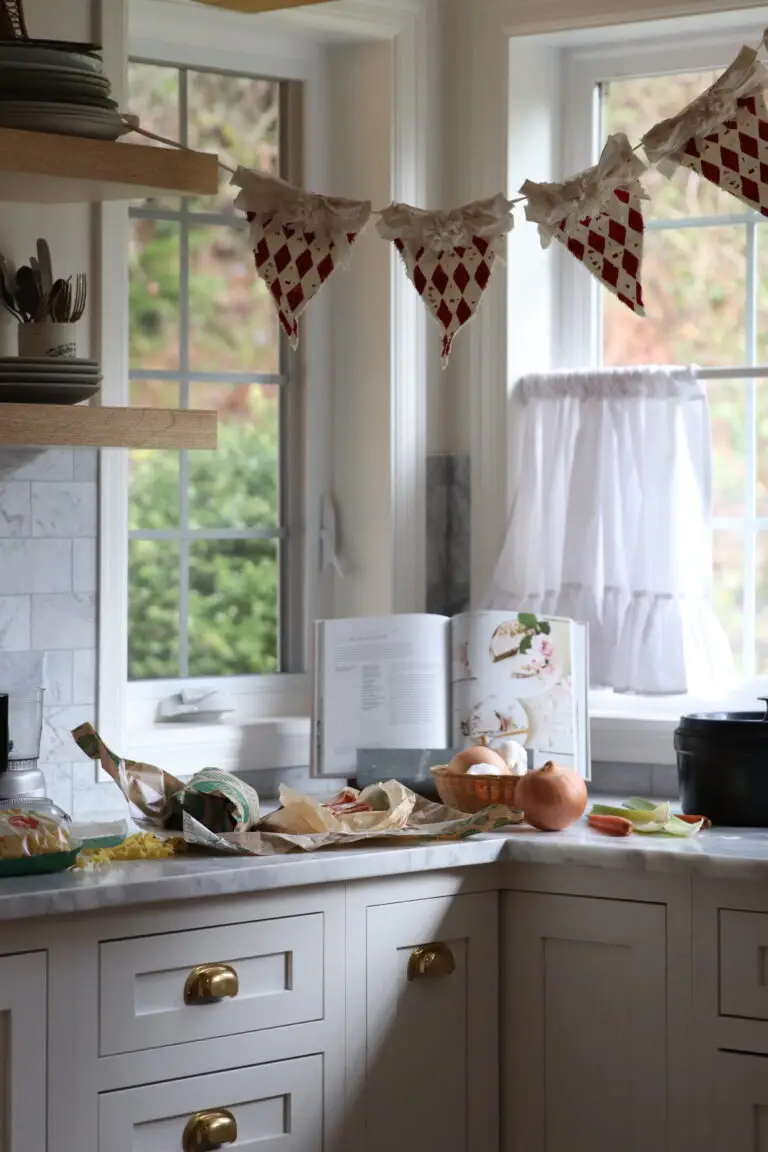
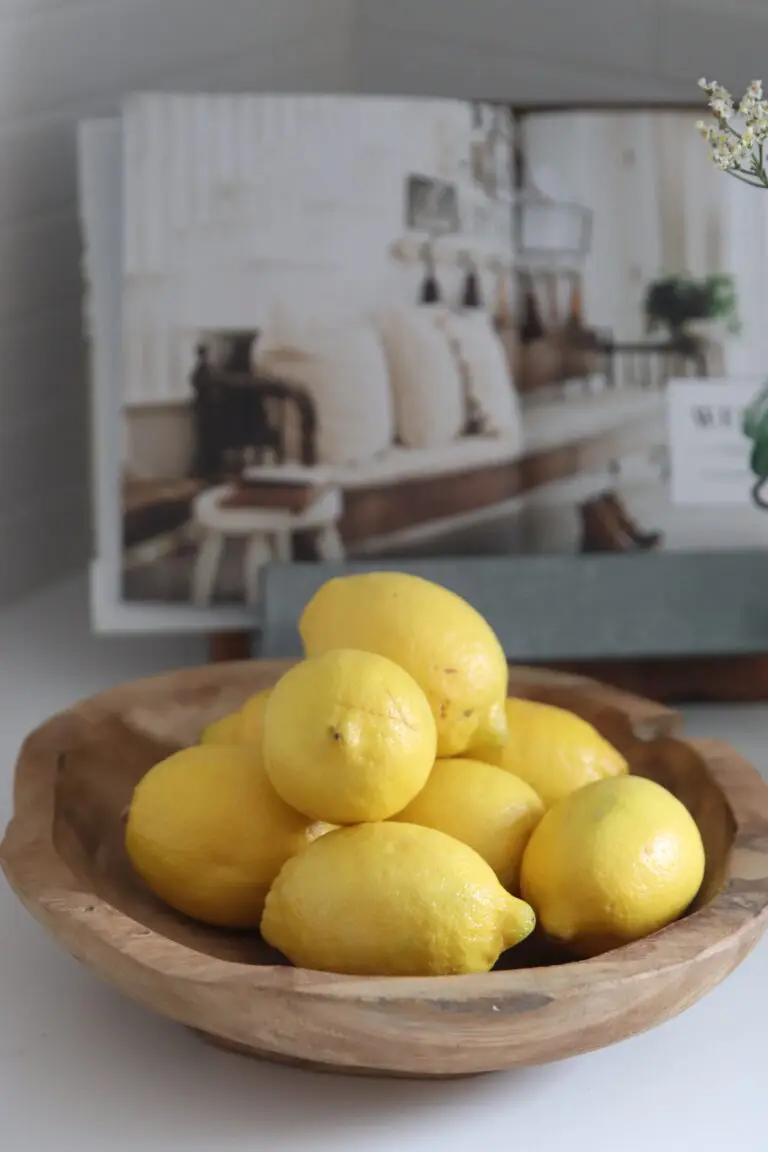
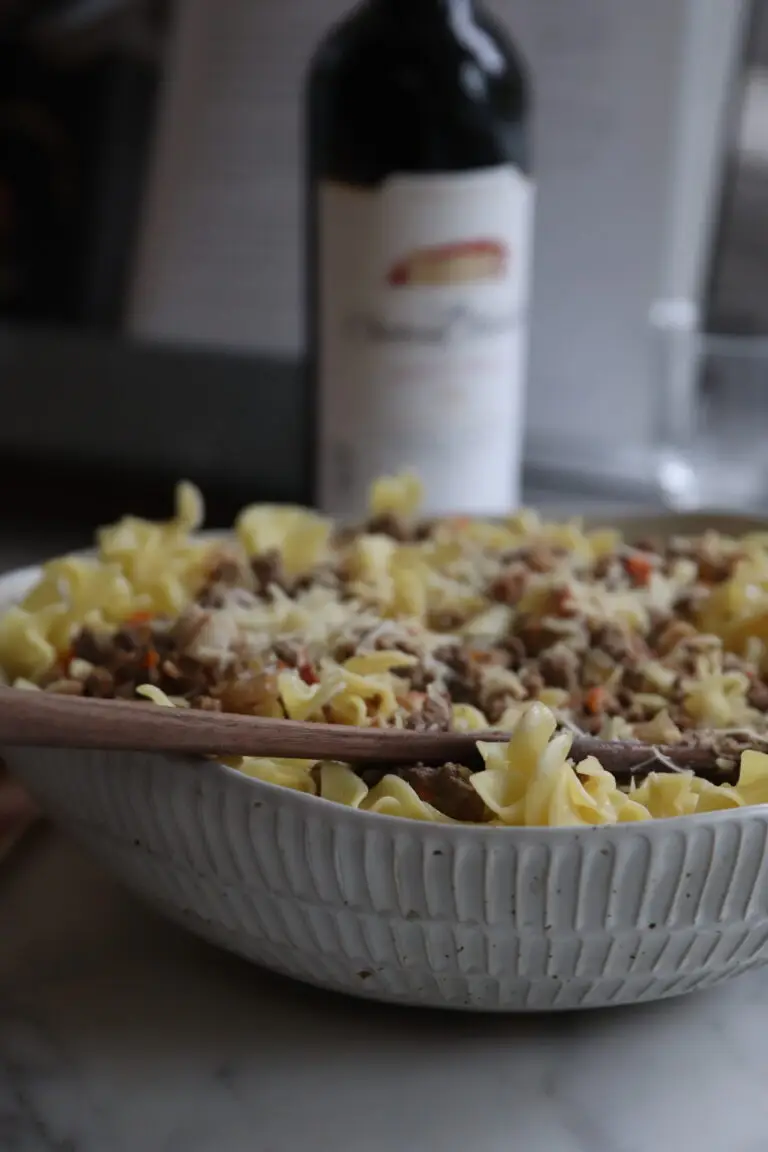
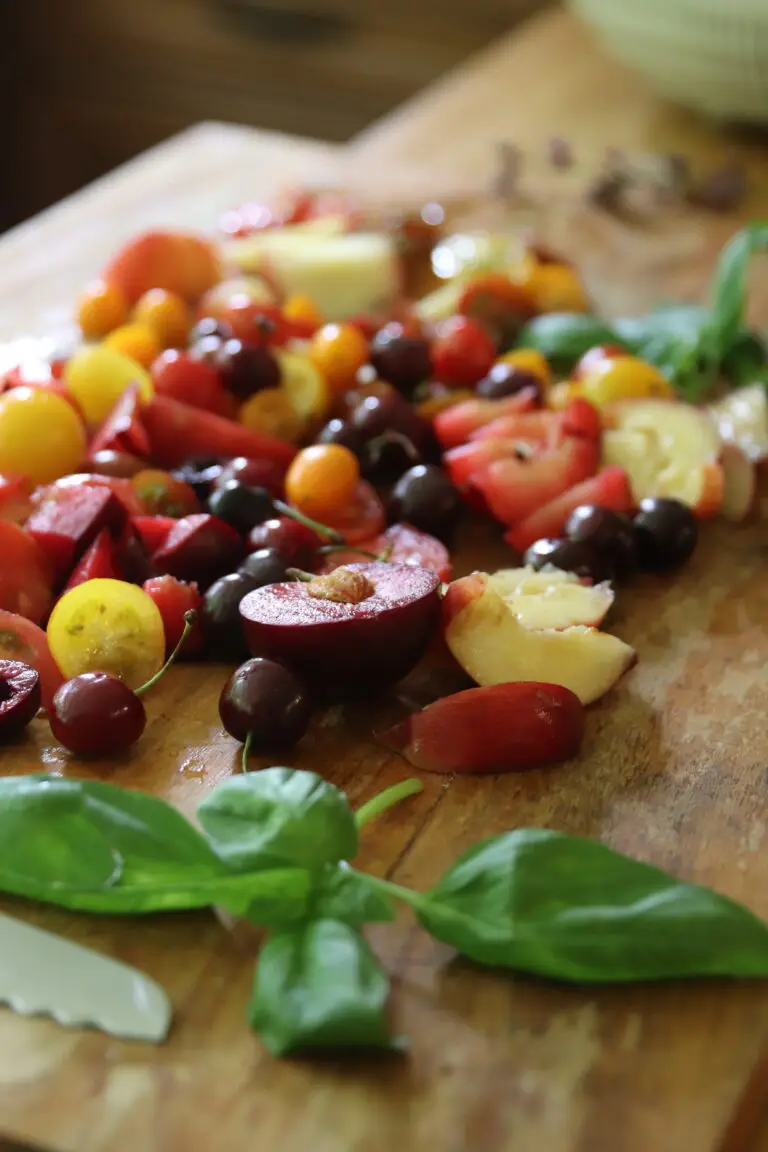
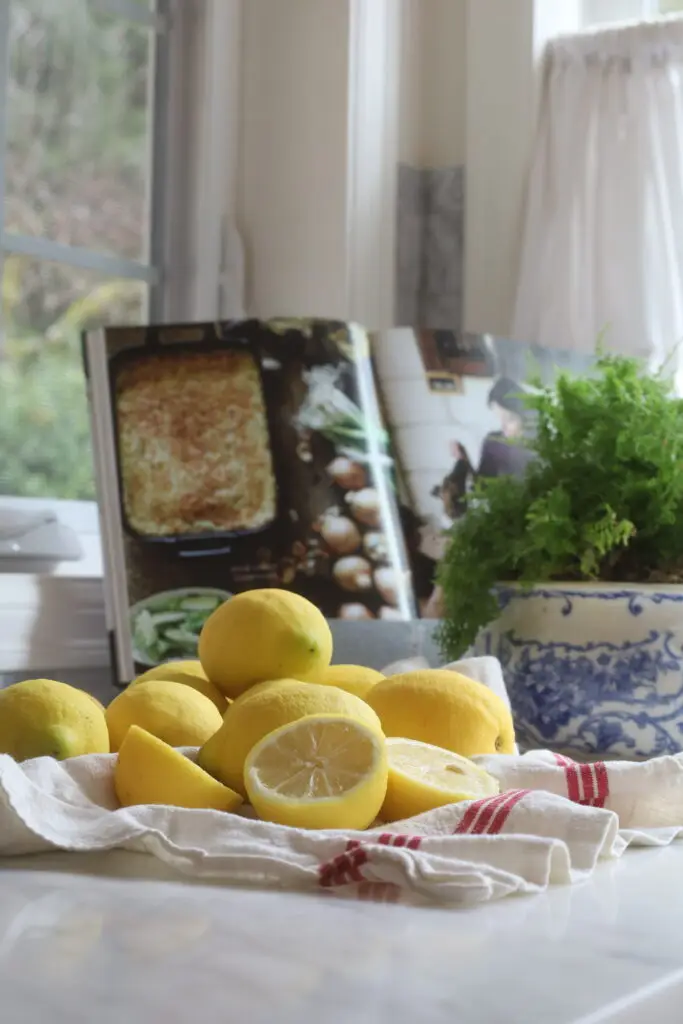
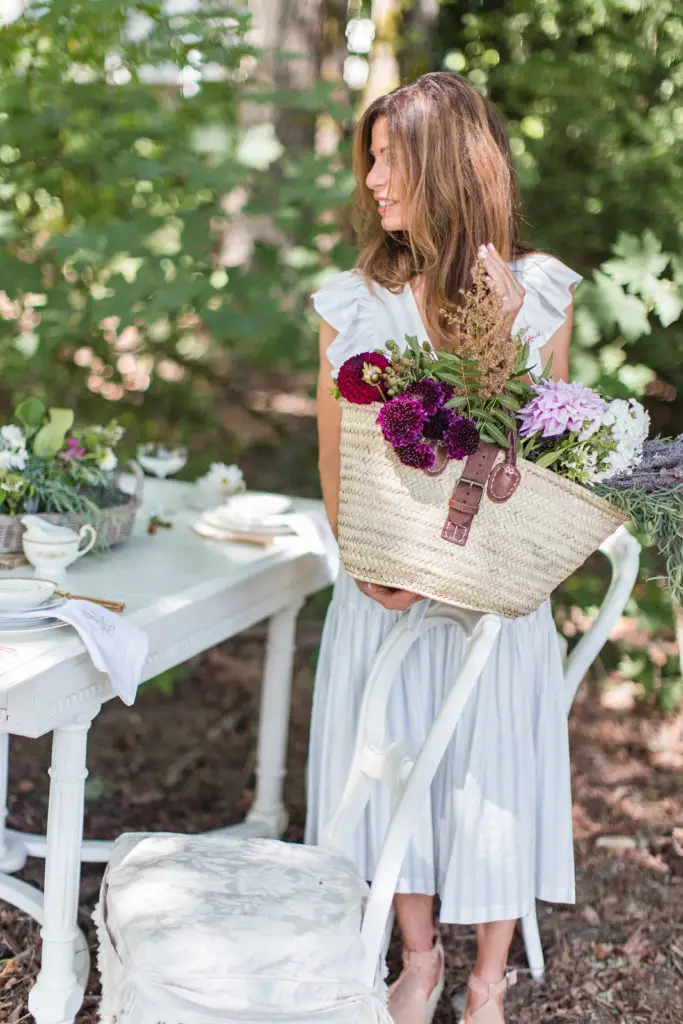
2 Responses
Great information! I love those clay pots!
Thank you for visiting!